
Unlink your email in case of 2FA lockout
You can now unlink your email address from a two-factor enabled GitHub account in case you’re unable to sign into it or recover it. When the worst occurs, and a…

You can now unlink your email address from a two-factor enabled GitHub account in case you’re unable to sign into it or recover it. When the worst occurs, and a…

The GitHub Enterprise Server 3.8 release candidate is here GitHub Enterprise Server 3.8 brings new capabilities to help companies build and deliver secure software, more quickly. With over 100 new…

Update to the latest version of Desktop and previous version of Atom before February 2.
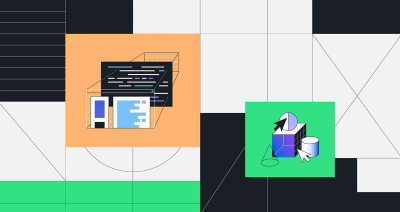
Support for GitHub CLI extensions has been expanded with new authorship tools and more ways to discover and install custom commands. Learn how to write powerful extensions in Go and find new commands to install.

GitHub.com users who set up two-factor authentication will see a prompt after 28 days, asking them to perform 2FA and confirm their second factor settings. This prompt helps avoid account…

Discovering passwords in our codebase is probably one of our worst fears. But what if you didn’t need passwords at all, and could deploy to your cloud provider another way? In this post, we explore how you can use OpenID Connect to trust your cloud provider, enabling you to deploy easily, securely and safely, while minimizing the operational overhead associated with secrets (for example, key rotations).
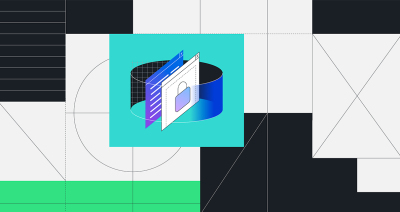
Learn about the design behind, and solutions to, several of GitHub’s CTF challenge for Ekoparty’s 2022 event!

As the year winds down, we’re highlighting some of the incredible work from GitHub’s engineers, product teams, and security researchers.

Our engineering and security teams do some incredible work. Let’s take a look at how we use GitHub to be more productive, build collaboratively, and shift security left.
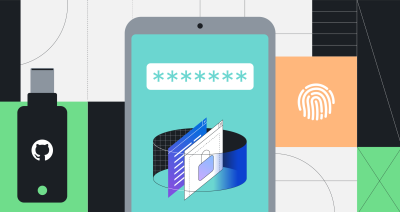
GitHub will require all users who contribute code on GitHub.com to enable one or more forms of two-factor authentication (2FA) by the end of 2023. Learn more about our approach, when we’ll begin our rollout, and what you can expect as we begin requiring 2FA.

GitHub secret scanning protects users by searching repositories for known types of secrets. By identifying and flagging these secrets, our scans help prevent data leaks and fraud. We have partnered…

You can now review and manage your browser and GitHub Mobile sessions using the new Sessions tab in your user settings. This new tab includes all of your signed-in web…
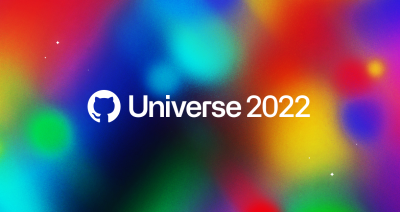
See what we’re building to enhance the most integrated developer platform that allows developers and enterprises to drive innovation with ease.

This post is the second part in a series about ActiveRecord::Encryption that shows how GitHub upgrades previously encrypted and unencrypted columns to ActiveRecord::Encryption.

On September 15, 2022, we fixed a bug on GitHub.com that allowed OAuth tokens (such as personal access tokens) to bypass SAML single sign-on (SSO) requirements to view organization issue…

Starting today, two-factor authentication (2FA) will be enforced for maintainers of all high-impact npm packages. A package is marked as a high impact package when they have more than 1…

A glimpse into the backgrounds and day-to-day work of several GitHub employees in cybersecurity roles.
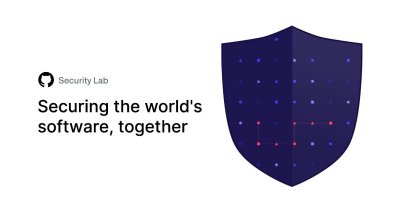
The GitHub Security Lab provided office hours for open source projects looking to improve their security posture and reduce the risk of breach. Here’s what we learned and how you can also participate.

We have streamlined our account recovery flow to help us verify your identity in the instance you lose access to your two-factor authentication (2FA) device and get locked out of…

Today we’re enabling fine-grained personal access tokens (PATs) in Public Beta for all user accounts on GitHub.com. This new type of token gives developers and resource owners more control and…

Fine-grained personal access tokens offer enhanced security to developers and organization owners, to reduce the risk to your data of compromised tokens.
Build what’s next on GitHub, the place for anyone from anywhere to build anything.
Last chance: Save $700 on your IRL pass to Universe and join us on Oct. 28-29 in San Francisco.